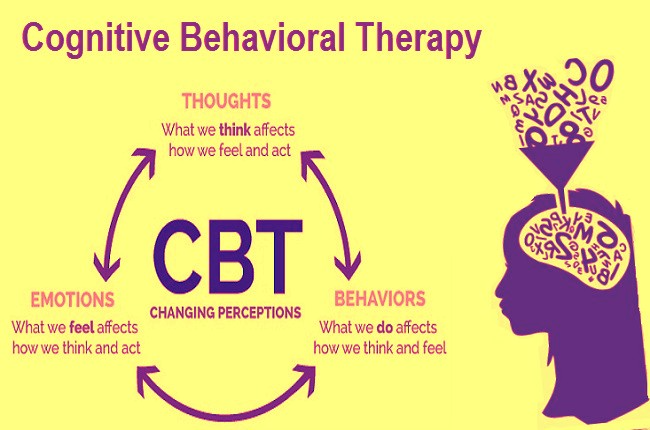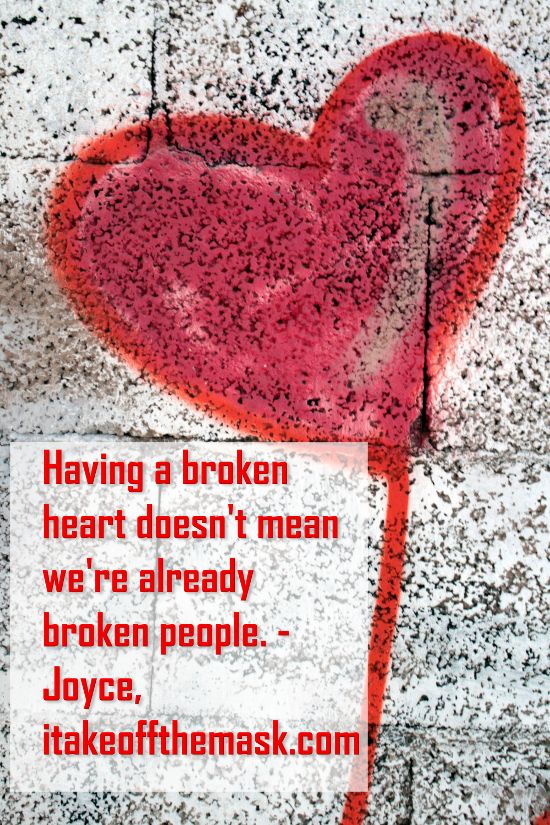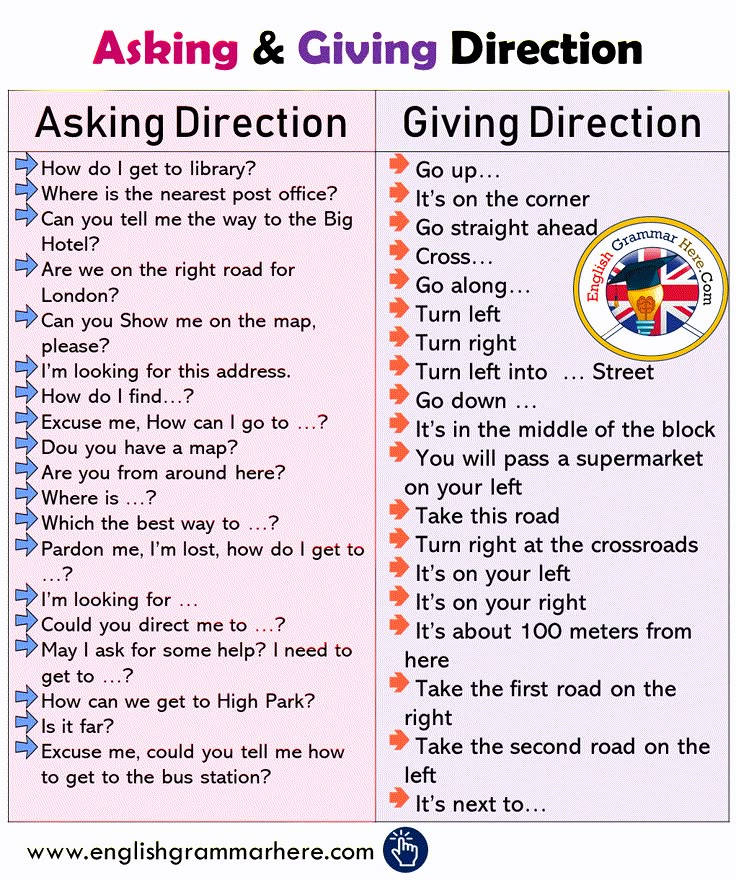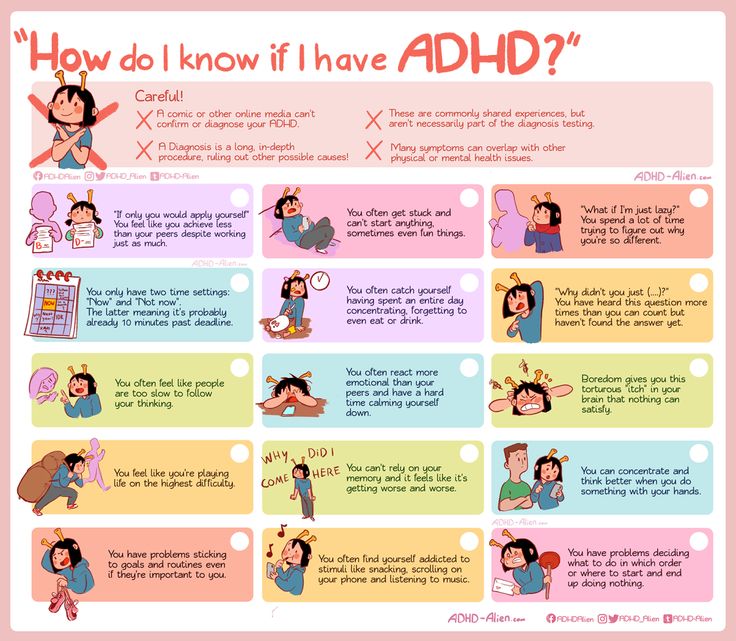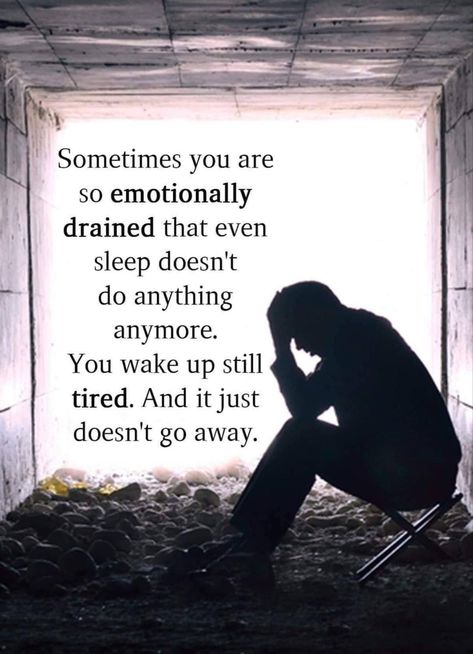Tolerance of uncertainty
What Does Tolerating Uncertainty Mean and How Can You Learn It?
Tolerating uncertainty means adapting to change and being OK with not knowing what’s next. You can learn to accept uncertainty by anticipating triggers and making peace with not having control over things.
While some people cope well with not knowing what to expect, others find it hard to manage uncertainty. Then, most people just fall somewhere along a spectrum, tolerating uncertainty more or less depending on the situation.
Persistent uncertainty intolerance is often at the root of anxiety and may lead you to avoidant behaviors.
For example, you might avoid going on a trip with your friends because you become anxious about going to a city you’ve never been to before.
Learning to accept that you’re safe, for instance, even when things aren’t certain may help you reduce distress and cope with everyday challenges.
Tolerating uncertainty means you’re able to cope with the fact that you don’t know how things will turn out.
Signs that you may have a high tolerance to uncertainty include:
- being willing to take calculated risks
- adapting to new environments and processes
- making decisions with confidence
- being OK with spontaneous activities and plans
- feeling secure in your close relationships
Having a high tolerance for uncertainty doesn’t mean you don’t feel nervous or anxious about your decisions or experiences. The “sticking point” is whether or not you’re able to move forward even with those feelings of distress.
If you have a low tolerance for uncertainty, on the other hand, you may try to avoid engaging in activities that you cannot control. You might avoid taking risks or overthink situations trying to soothe your anxiety.
Again, uncertainty intolerance is more about the action you engage in or avoid than your internal experience or how you feel about taking the next step.
Signs that you may have a low tolerance to uncertainty include:
- researching things over and over before making any decision
- feeling like something might end badly, even if a bad outcome is very unlikely
- finding it hard to make and enjoy spontaneous activities
- needing constant reassurance from others
- feeling insecure in your relationships or career without evidence
Studies have associated intolerance of uncertainty with:
- anxiety disorders
- obsessive-compulsive disorder (OCD)
- lower ability for self-compassion
- poorer sense of well-being
Having a low tolerance for uncertainty can impact your relationships.
If you find it hard to tolerate uncertainty, it can be difficult to take social risks (like introducing yourself to new people or asking a new friend out for coffee).
Not tolerating uncertainty can also make it difficult to feel secure in relationships or may lead to abandonment anxiety. You might often worry because you can’t be certain that your partner won’t leave you.
Learning to cope with uncertainty can help you reduce anxiety and feel more secure or confident when making decisions.
If you find it hard to tolerate uncertainty, the following tips might help you.
1. Self-awareness
To learn how to tolerate uncertainty, consider cultivating self-awareness. Accepting the fact that you find it hard to deal with things you can’t control can be the first step toward recognizing the specific situations that may cause anxiety.
You might want to ask yourself:
- How do I feel when I’m not sure how something will work out?
- How do I tend to act when I’m dealing with uncertainty?
- How has this impacted my relationships/career/hobbies/emotional state?
The point isn’t to feel bad about being unable to tolerate uncertainty.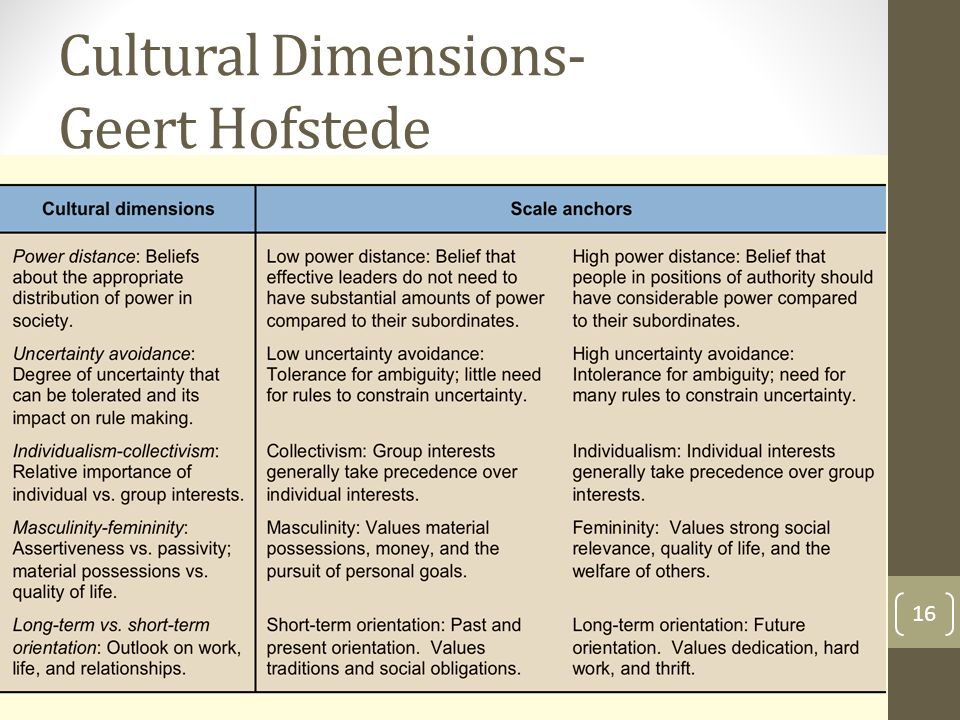 Instead, it’s to know what activates your anxious response, how it affects your life, and which opportunities for potential personal growth every situation offers.
Instead, it’s to know what activates your anxious response, how it affects your life, and which opportunities for potential personal growth every situation offers.
2. Pausing
When your fear of uncertainty rises, try to put a name to it and pause. “I’m feeling anxious about this because I fear this or that.”
When you do this, it may allow you to pause and take note of what’s happening and why it’s happening.
For example, your boss gives you an opportunity to work on an exciting new project. Although it sounds fun to you, you feel anxious and nervous. Your reaction is to turn down the offer because you’re not sure how it’ll turn out or you experience an uncertainty about your skill or ability to complete the task.
In that instance, you might also want to take a step back and say to yourself, “I realize I’m anxious because I’m afraid this will turn out badly. But I can’t control everything and this is a great opportunity. These are the benefits of me accepting the offer.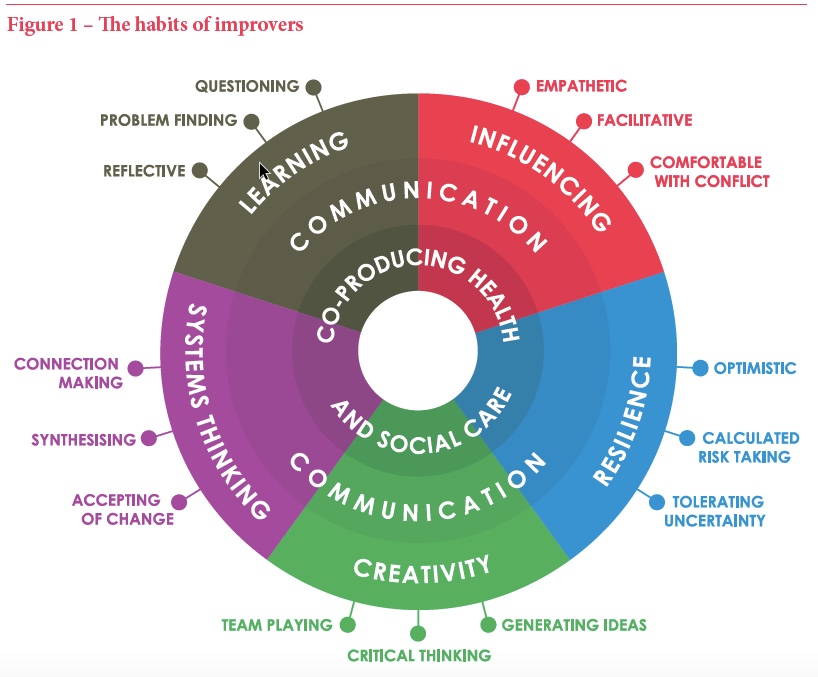 ”
”
3. Focusing on the evidence
When making a decision, try to assess the situation from the evidence, not your anxious thoughts.
Your anxiety might convince you that the worst-case scenario is not just possible, but likely. A logical approach can help you assess the situation better.
Cognitive distortions are filtered thoughts that may make you think more negatively about a situation than what is actually true. Identifying them can help you turn away from them and focus on the evidence.
Try to ask yourself questions like:
- What is likely to happen?
- What has happened in the past?
- What is the worst possible outcome? How likely is it to happen?
- Is there a way to deal with the possible negative outcomes?
- If I turn down this opportunity, what could I lose out on?
To use the earlier example, you might reach the conclusion that your boss has assigned you this project because they know you’ve delivered in the past and are a top performer.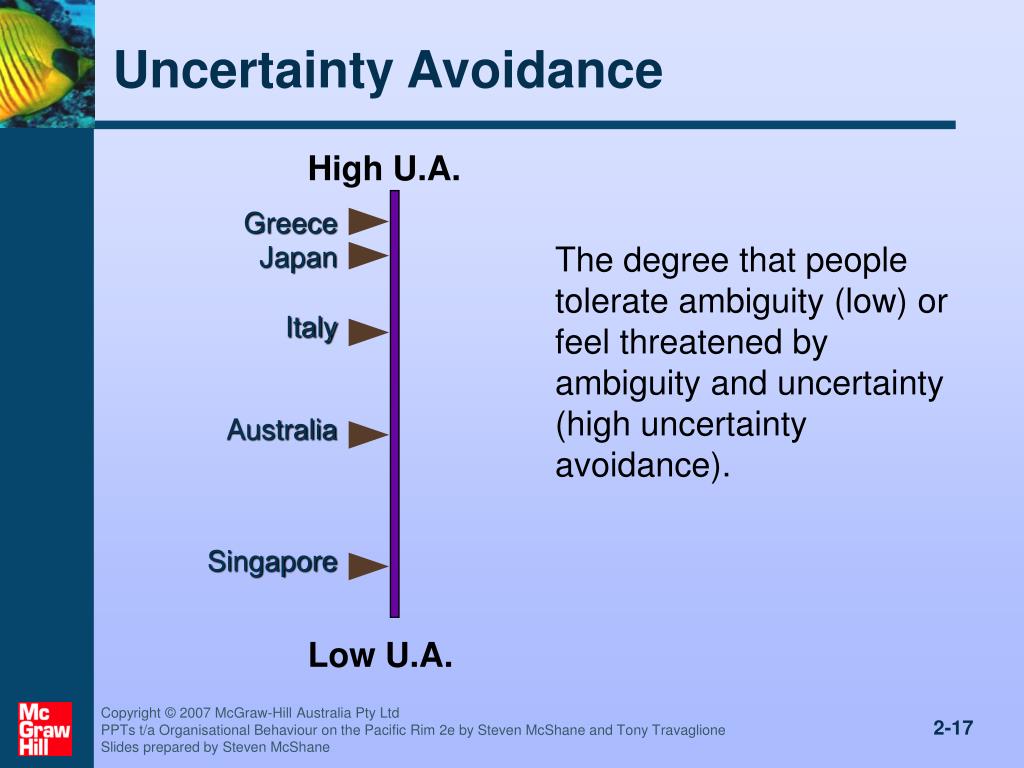 You remember the last time you led a project, it was overwhelming but a great success. This may be another excellent opportunity for growth.
You remember the last time you led a project, it was overwhelming but a great success. This may be another excellent opportunity for growth.
4. Not overthinking it
If you don’t tolerate uncertainty, you may be more likely to overthink every decision and do tons of research before even considering it.
Overthinking and researching every possible outcome may increase your anxiety.
When you’re doing research to help you make a decision, try to ask yourself how much research is necessary. In time, you can learn to identify when you’re overdoing it.
For example, it may be a good idea to discuss with your trusted doctor if you should begin a particular medication. You may choose to seek out multiple consultations and watch tons of YouTube videos on it, postponing your decision.
You may find contradicting information or have additional questions that will further postpone the decision.
A remedy to this could be that you put a cap on how many trusted options you will seek before making up your mind.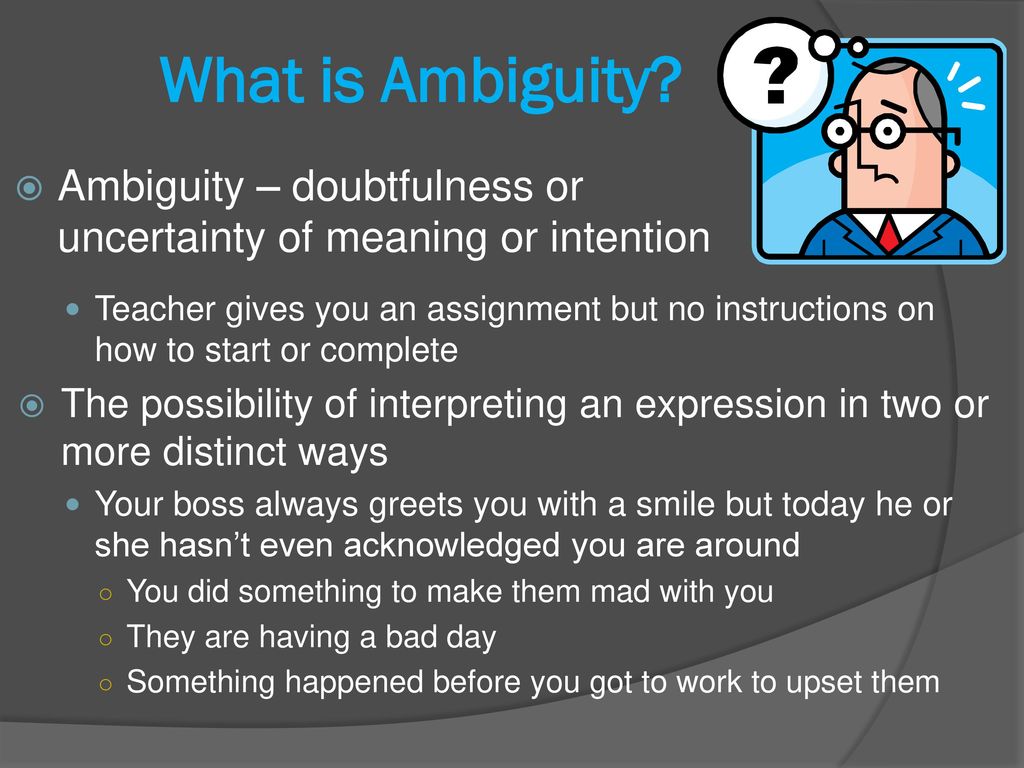 It may also help to consider that the decision doesn’t need to be permanent. You can change your mind or decide on a different course of action if things aren’t working out. This may reduce your anxiety about making your decision.
It may also help to consider that the decision doesn’t need to be permanent. You can change your mind or decide on a different course of action if things aren’t working out. This may reduce your anxiety about making your decision.
5. Making peace with things going wrong
It may be what you dread the most, but in life, things go wrong. Not always, but sometimes.
You may impulse-buy a shirt and later regret it. You could go to a party and bore to death. You might go to the fanciest restaurant and get indigestion. It happens.
When it comes to bigger decisions, like buying a new car or going to college, you may want to do a fair amount of research.
But it’s important to accept that sometimes, even when you do your homework, things might not go the way you hoped. That’s OK.
Eventually, you learn something and you get something out of it. You’ll find a way to work through challenges, whether that includes returning the shirt or transferring to a different college.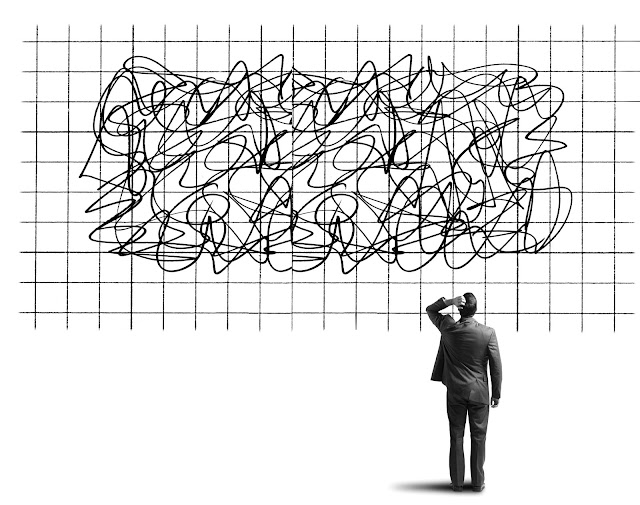
Although “making the wrong decision” can be scary, learning that this too shall pass and that it’s possible to manage any outcome, might help you cope.
If intolerance of uncertainty is negatively impacting your mental health, daily functioning, and relationships, it may be time to seek the support of a mental health professional.
These signs might suggest you could benefit from psychotherapy:
- Your intolerance of uncertainty makes it hard for you to make day-to-day decisions.
- Your anxiety is making it difficult to function at work or school.
- You feel distressed on a regular basis.
- Your loved ones have suggested you seek help.
- You’re finding it difficult to adapt to change.
- You may be developing symptoms of depression.
Tolerating uncertainty is about being OK with not having control over the outcomes.
It can be hard to cope with not knowing how things will turn out. However, tolerating uncertainty is a skill you can learn.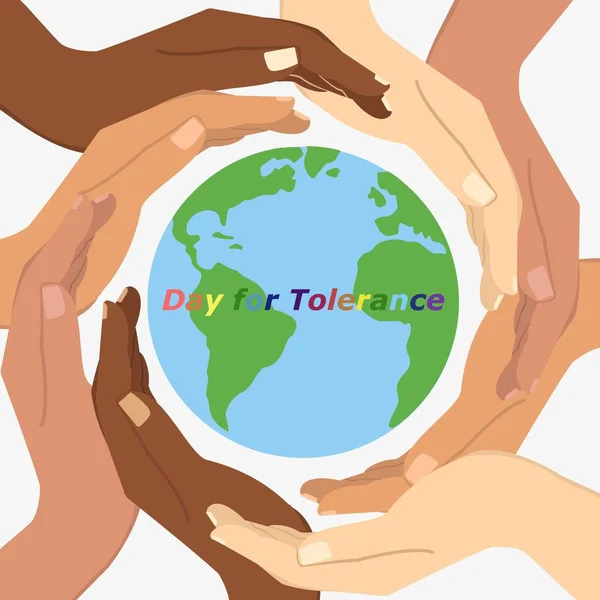 When you learn to accept uncertainty, you may experience lower levels of anxiety, become more efficient at making decisions, and enjoy daily activities and social life.
When you learn to accept uncertainty, you may experience lower levels of anxiety, become more efficient at making decisions, and enjoy daily activities and social life.
How to Tolerate Uncertainty | Here to Help
Author: Anxiety Canada
Dealing with uncertainty is an unavoidable part of daily life. Because we can't see the future, we can never be certain about what exactly is going to happen day to day. Research has found that people vary in their ability to tolerate uncertainty. That is, some people are okay with having a lot of uncertainty in their lives, and other people cannot stand even a small amount of uncertainty.
Anxious people, particularly those adults who worry excessively, are more likely to be very intolerant of uncertainty. They will often try to plan and prepare for everything as a way of avoiding or eliminating uncertainty.
What’s wrong with being intolerant of uncertainty?
Obviously, it is normal, and even common, for most people to be a bit uncomfortable with uncertainty.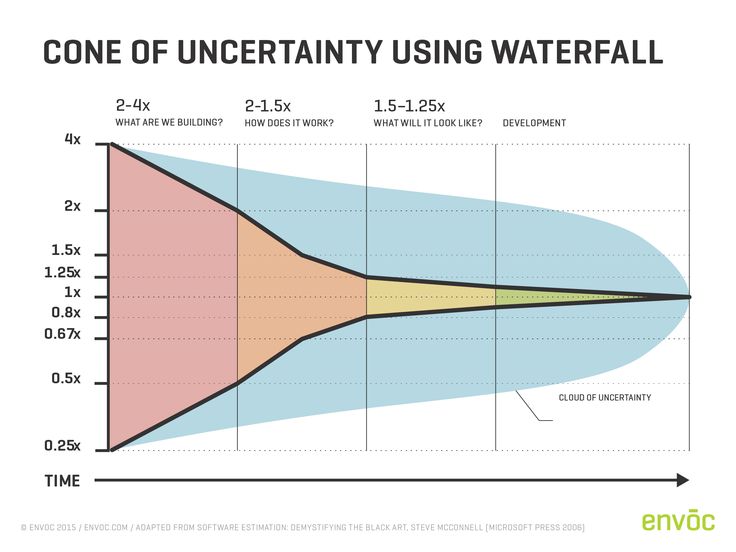 We prefer to know that the restaurant we are going to serves food that we like, that at the party we were invited to there will be people we know, and that our boss tells us exactly what he thinks about our work performance. This knowledge feels more comfortable to us than not knowing anything about the restaurant we are going to, being unsure about who will be at the party, and not knowing whether our boss thinks we are doing a good or a bad job.
We prefer to know that the restaurant we are going to serves food that we like, that at the party we were invited to there will be people we know, and that our boss tells us exactly what he thinks about our work performance. This knowledge feels more comfortable to us than not knowing anything about the restaurant we are going to, being unsure about who will be at the party, and not knowing whether our boss thinks we are doing a good or a bad job.
Uncertainty as an allergy…
Being intolerant of uncertainty is a lot like having an allergy; if you are allergic to pollen for example, what happens when you are exposed to even a small amount of it? You will sneeze and cough, and your eyes will probably get red and teary. When people who are intolerant of uncertainty are exposed to a little bit of uncertainty, they also have a strong reaction: they worry, and do everything they can think of to get away from, avoid, or eliminate the uncertainty.
But being very intolerant of uncertainty can cause problems, since it leads to a lot of time-consuming and tiring behaviours, causes stress and anxiety, and is the major fuel for worry.
What do people who are intolerant of uncertainty do?
If you can’t stand having uncertainty in your life, you are probably doing things that are designed to either remove all uncertainty in daily life situations or you are outright avoiding uncertain situations.
Some of the behaviours that people do when they are intolerant of uncertainty include:
-
Seeking excessive reassurance from others: this might be asking friends or family their opinion on a decision that you have to make.
-
List-making: as a way of eliminating uncertainty, some people will make long and detailed “to do” lists, sometimes several lists every day.
-
Double checking: for example, calling loved ones repeatedly to “make sure” that they are okay, or re-reading emails several times to check that they are perfect and that there are no spelling mistakes.
-
Refusing to delegate tasks to others: many people who are intolerant of uncertainty will not allow anyone either at work or at home to do certain tasks; this is because they cannot be “sure” that it will be done correctly unless they do it.

-
Procrastination/avoidance: because being uncertain can cause anxiety, some people simply procrastinate or avoid people, places, or situations. If you do not do something, then you don’t have to feel uncertain.
-
Distraction: many people who are intolerant of uncertainty keep themselves “busy” most of the day; that way, they don’t have the time to think about all the uncertainty in life.
You probably noticed that all of these behaviours require a lot of time and energy. Needing to be certain about everything can often take the fun out of life, since surprises or unexpected events become something threatening. Also, if you avoid or procrastinate, you might miss out on a lot of good opportunities in life simply because of a dislike of uncertainty.
Remember: Unless you can see the future, you will always be uncertain about some things.
Another problem with intolerance of uncertainty…
If you can’t stand uncertainty and do everything you can to get rid of it, you might have noticed a problem… it is IMPOSSIBLE to get rid of all uncertainty in your life.
What this means for you is that all the work that you are doing to get rid of uncertainty is useless; IT JUST DOESN’T WORK! If it did, you would probably not be struggling with anxiety and worry.
So what is the solution?
Well, if you can’t get rid of uncertainty in your life, then the only way to manage your intolerance of uncertainty is by learning to be more TOLERANT of uncertainty.
How Can I Learn to Become More Tolerant?
Obviously, even if you agree that being more tolerant of uncertainty would be helpful, it is not so easy to just change an attitude. However, in CBT we know that our thoughts, feelings, and actions are all inter-connected, and that if you change one, you can change the others. (See What is CBT for more details about this)
So the best way to learn to become more tolerant of uncertainty is to start acting “as if” you are tolerant of uncertainty. That is, you can change your behaviour around uncertainty, and this will eventually help you to change your thoughts and feelings around uncertainty.
Top
Learning to act "as if"
STEP 1: Make a List of Behaviours
Start by writing down all of the things that you do to try to feel more certain, or to get around or avoid uncertainty. You can use the sample of behaviours listed above as a guide. For example,
-
Do you seek reassurance from others?
-
Do you do a lot of double-checking?
-
Do you look for a great deal of information before making a decision?
-
Do you procrastinate a lot?
-
Are there situations that you avoid?
A good way to compose this list is to be a detective in your daily life: notice when you are feeling anxious, and what it is that you do to try to feel less anxious. For example, if you have to buy a present for someone and you start to feel anxious about what to buy, what do you do? Do you call your friends and ask for advice about what to get? This reassurance-seeking behaviour can then go on your list.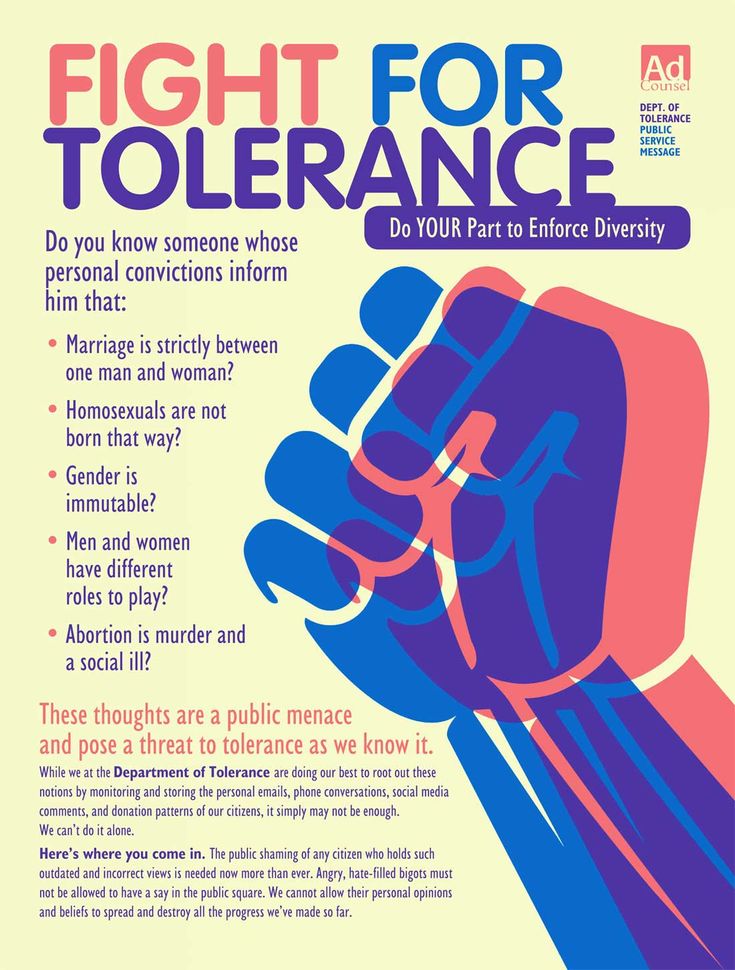
STEP 2: Rank Them According to Anxiety
If you want to start acting “as if” you are tolerant of uncertainty, it is best to start small. That way, you are more likely to do it, and to succeed. If you pick something too difficult, you might be unable to do it, and you probably won’t want to try it again.
With this in mind, look at the behaviours that you do that might be easier to try to change. You can then rank your behaviours on a scale from 0 (“no anxiety at all”) to 10 (“extreme anxiety”) by imagining how anxious you would become if you could not do them.
Here is an example:
| Behaviours to Reduce Uncertainty | Anxiety Level (0-10) |
| Delegating important tasks at work to others, without checking up on how it was done | 10 |
| Not calling kids on the cell phone when they are out with friends | 8 |
| Going out with friends and letting them make all the plans | 6 |
| Going to the grocery store without a shopping list | 4 |
| Sending an email to a friend without checking for spelling mistakes | 3 |
| Going to a movie without knowing anything about it | 2 |
STEP 3: Practice Tolerating Uncertainty
Once you have a list of behaviours that you do to reduce or avoid uncertainty, then start picking small items that you can do to practise tolerating uncertainty. Try to do at least three things a week.
Try to do at least three things a week.
For example, you might try going to a restaurant and ordering a meal that you have never tried, and then you might send a few emails without checking them first (and no cheating! Don’t send the email to yourself as well so that you can check it later…)
STEP 4: Write It Down!
Keep a record of all the times you were acting “as if” you were tolerating uncertainty.
Write down:
-
What you did
-
How you felt while doing it (was it harder or easier than you thought?)
-
What happened (did everything turn out ok?)
-
If it did not turn out as planned, what did you do?
If you write things down, you will be able to see all the work that you did in facing uncertainty, and as you keep practising, you will see how things that you once thought were difficult in the beginning are now much easier.
STEP 5: Record What Happened
If you are taking some risks and not being 100% certain in your life, there is the chance that things will not go perfectly.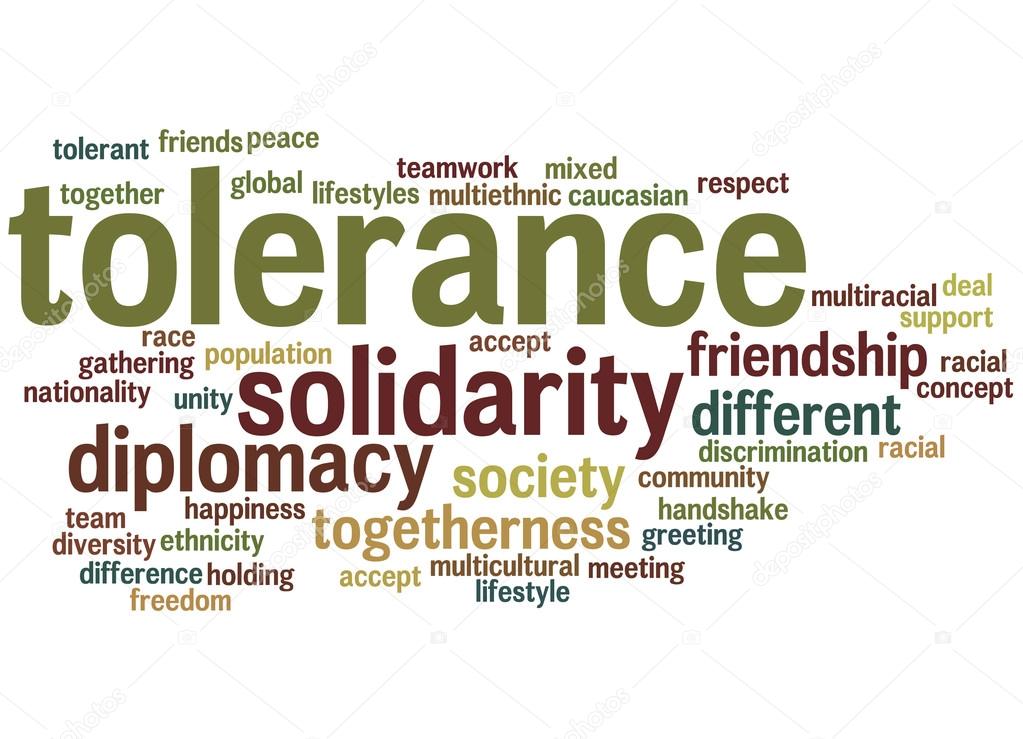 For example, if you tolerate uncertainty and go to a movie without reading a review, you might not like the movie. If you go grocery shopping without a list, you might come home and realize that you forgot something.
For example, if you tolerate uncertainty and go to a movie without reading a review, you might not like the movie. If you go grocery shopping without a list, you might come home and realize that you forgot something.
When you allow some uncertainty in your life, sometimes things go wrong!For this reason, it is important to write down the outcome of your tolerating-uncertainty exercises, and what you did to cope. For example, if you forgot an item from the grocery store, what did you do? Did you pick it up the next day? Did you go back to the store? How horrible was the outcome?
Ask yourself the following questions:
-
Did things turn out ok even though I was not 100% certain?
-
If things did not turn out ok, what happened?
-
What did I do to cope with the negative outcome?
-
Was I able to handle the negative outcome?
-
What does this tell me about my ability to cope with negative outcomes in the future?
REMEMBER: Sometimes things will not go exactly as planned if you allow some uncertainty into your life.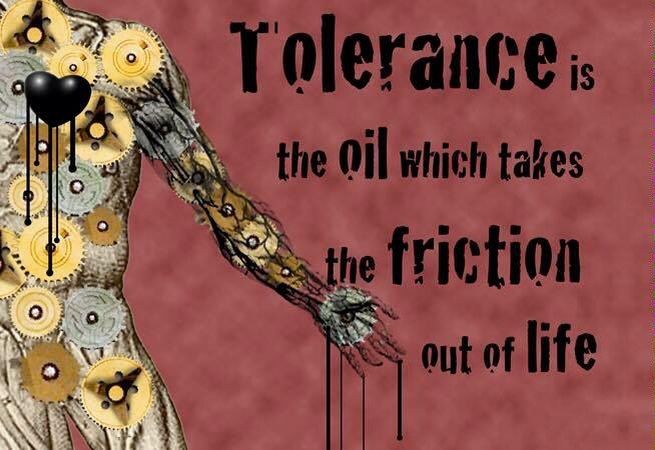 But this is not a sign of failure on your part. Most people who tolerate uncertainty learn that even if bad things happen, they can cope with them.
But this is not a sign of failure on your part. Most people who tolerate uncertainty learn that even if bad things happen, they can cope with them.
It is also important to realize that even when you were trying to make everything certain, things often still didn’t always work out. It just took a whole lot more energy and time trying to be certain. By becoming more tolerant of uncertainty, you get to let go of all of the problems associated with being intolerant, and you get to realize that you can deal with things, even when they don’t go perfectly.
STEP 6: Build Momentum!
When you feel comfortable with the small steps that you have taken to tolerate uncertainty, gradually try more difficult things.
Look for opportunities to tolerate uncertainty in daily life. For example, if someone asks you to pick up a bottle of wine for a party, try going to the store and buying a bottle without asking for anyone’s advice.
As you start acting more and more “as if” you are comfortable with uncertainty, it will get easier and become a part of your life. Think of it like building a muscle; you need to do your exercises every day if you want that muscle to get strong!
Think of it like building a muscle; you need to do your exercises every day if you want that muscle to get strong!
About the author
Anxiety Canada promotes awareness of anxiety disorders and increases access to proven resources. Visit www.anxietycanada.com.
© 2015 | Back to top | More info sheets
How tolerance for uncertainty helps to survive in chaos
The new reality tests us for strength. Understanding how to maintain harmony with yourself and loved ones when it is difficult to find a foothold in the VUCA world
Your browser does not support the audio player.
The guys from the Trends team discussed this material in the episode of the Flying Podcast. You can listen on any convenient platform: in the player above, in Apple Podcasts, CastBox, Yandex.Music, Google Podcasts and wherever there are podcasts. nine0003
Events in the world disturb everyone. First of all, I want to find support from relatives, but the difference in political views increasingly leads to violent conflicts between relatives and friends.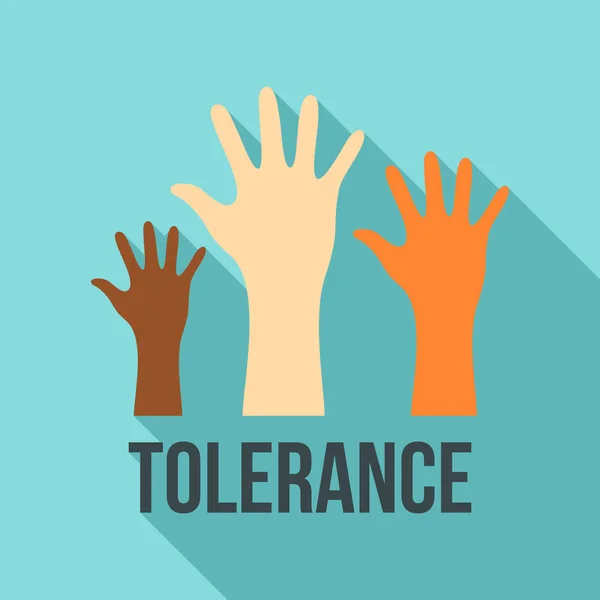 Society is faced with a mental split of such depth, when fathers disown their children, battles of those who agree with those who disagree are going on in social networks, bloggers, media personalities and just users are faced with waves of hate and threats every day.
Society is faced with a mental split of such depth, when fathers disown their children, battles of those who agree with those who disagree are going on in social networks, bloggers, media personalities and just users are faced with waves of hate and threats every day.
Together with Anna Makarchuk, director of the Tolerance Center of the Jewish Museum and Tolerance Center, we find out how we came to such an abundance of aggression and how tolerance for uncertainty can take us out of this state and give us an incentive to move on. nine0003
Why we fight
Anna Makarchuk:
“Extraordinary events are taking place around us today. Anxiety, uncertainty, fear - all this undermines our mental resources. Opinion polarization is our psyche's attempt to cope with the stress of uncertainty. Taking extreme positions and defending them, we seem to find the ground under our feet, which we so need now. The desire to find a scapegoat, the search for an answer to the question "who is to blame?" - an attribute of all critical periods in history.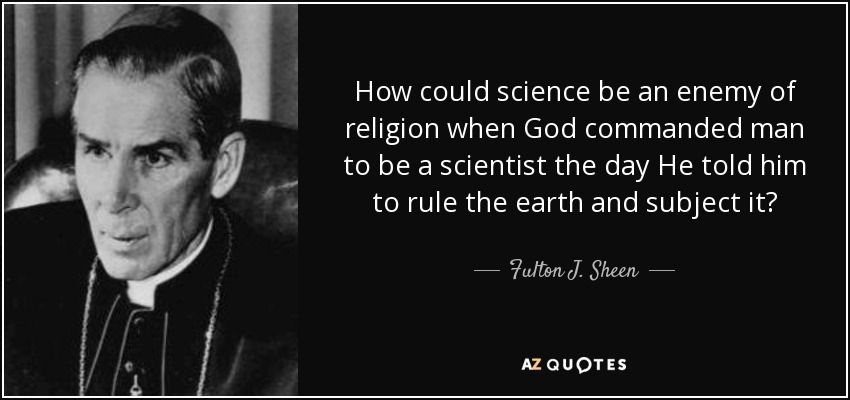 Unfortunately, for this illusion of control over the situation, we pay the dearest price - a break in relations with loved ones. But it is our close people, their support and the opportunity to support them in return - this is what can actually help to cope with the situation. In this case, the "bottleneck" is a special kind of tolerance - tolerance for uncertainty. nine0003
Unfortunately, for this illusion of control over the situation, we pay the dearest price - a break in relations with loved ones. But it is our close people, their support and the opportunity to support them in return - this is what can actually help to cope with the situation. In this case, the "bottleneck" is a special kind of tolerance - tolerance for uncertainty. nine0003
What is uncertainty tolerance
Uncertainty tolerance is the ability to act effectively and make decisions in the face of incomplete or conflicting information.
Scientists also explain this concept as "the ability to accept the conflict and tension that arise in a situation of duality, to resist the incoherence and inconsistency of information, to accept the unknown, not to feel uncomfortable in front of uncertainty."
Researcher Robert Norton identified eight categories that reveal the concept of uncertainty:
- plurality of judgments,
- inaccuracy, incompleteness and fragmentation,
- probability,
- unstructured,
- lack of information,
- variability,
- incompatibility and inconsistency,
- incomprehensibility.
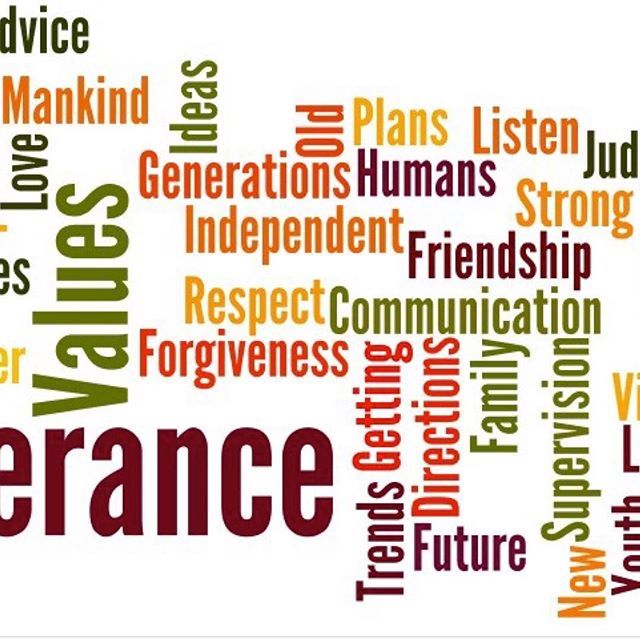
A person with a high level of tolerance for uncertainty is distinguished by high emotional intelligence, that is, he understands other people's emotions better and knows how to manage them. A person with a high level of intolerance, on the contrary, striving for clarity and certainty in everything, has lower academic abilities and results, that is, it is difficult to think analytically and is less prone to cognition. nine0003
The ability to accept a new and incomprehensible reality helps a person not only to survive, but to make adequate decisions in conditions of chaos and lack of obvious guidelines. Such a person is ready to think outside the box, build strategies, and change them depending on the situation.
In addition, tolerance for uncertainty is associated with empathy and emotional intelligence, which means that by developing this ability, we can maintain relationships with each other and maintain loved ones, despite the difference in political views. nine0003
nine0003
How to become tolerant of uncertainty
According to Makarchuk, some scientists believe that it is rather difficult to develop tolerance for uncertainty. But there are some tips that will help you save yourself and become more stable (that is, more tolerant) in this turbulence.
Anna Makarchuk:
“No matter how much you want to gain clarity by simplifying and polarizing reality, it is important to remember that it is more complex and multidimensional than it might seem. Opinions and views on it are much more than one. Just try to accept it. It is important to focus on the essentials. Stop for a second. What is really important - the person next to you or his position? Answer for this question, and you will become much calmer, believe me. Another co-ownership tool is information hygiene, or fact-checking. The skill of critical thinking will also come in handy in a more stable future.” nine0003
In the spring of 2022, the Jewish Museum and Tolerance Center launched the Managing Turbulence project, which helps people cope with stress and gain control over the situation.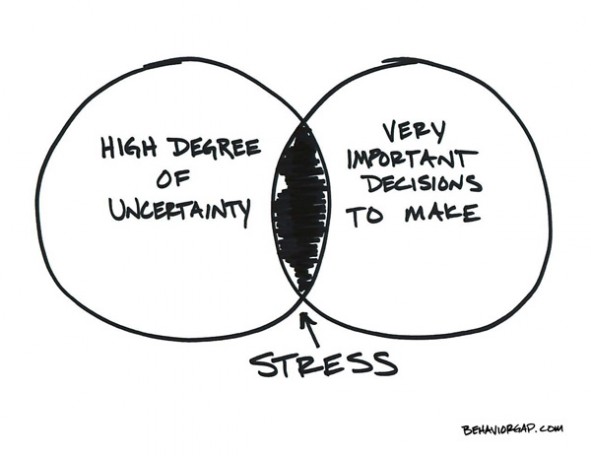 Employees opened an evening lecture hall, where they discussed the problems of finding resources to overcome difficult life circumstances. Experts - psychologists, financiers, career consultants - spoke in the museum space. Lectures are available on YouTube.
Employees opened an evening lecture hall, where they discussed the problems of finding resources to overcome difficult life circumstances. Experts - psychologists, financiers, career consultants - spoke in the museum space. Lectures are available on YouTube.
How to deal with anger when you disagree
Developing tolerance in oneself is a difficult and slow process. And what to do here and now, if in a conversation with a person everything boils inside, but you don’t want to spoil the relationship? We've put together a few tips for you:
- Admit that you're feeling angry. This is the first step towards emotional balance. Here it is worth remembering that experiencing such feelings is completely normal, you should not condemn yourself for them.
- Do not constantly try to suppress your anger. nine0016 Sooner or later it will accumulate and spill out on a more dangerous scale.
- Ask yourself what exactly you are angry about right now.
 Try to move away from this feeling and assess from the outside what specifically caused your violent reaction - is this a mismatch of universal human values? Or has the opponent shown a clear disrespect for you? Sometimes long-standing grievances are revealed in disputes, and then the problem lies not in the difference of views, but in interpersonal relationships. nine0029 If you are both angry , remember that in the current situation, aggression is most often a reaction to fear and stress, and these feelings unite everyone today. Invite your opponent to take a breath and talk it over.
Try to move away from this feeling and assess from the outside what specifically caused your violent reaction - is this a mismatch of universal human values? Or has the opponent shown a clear disrespect for you? Sometimes long-standing grievances are revealed in disputes, and then the problem lies not in the difference of views, but in interpersonal relationships. nine0029 If you are both angry , remember that in the current situation, aggression is most often a reaction to fear and stress, and these feelings unite everyone today. Invite your opponent to take a breath and talk it over. - Take a time out and try to be alone — go to another room, balcony, shop. Breathe deeply and slowly.
- Tell yourself - no matter how much I want to break loose with a loved one, no matter how outraged I am by his disagreement with me, I will try to redirect my aggression in another direction. This can be done physically - hitting a pillow, doing ten push-ups, or starting a dynamic cleaning.
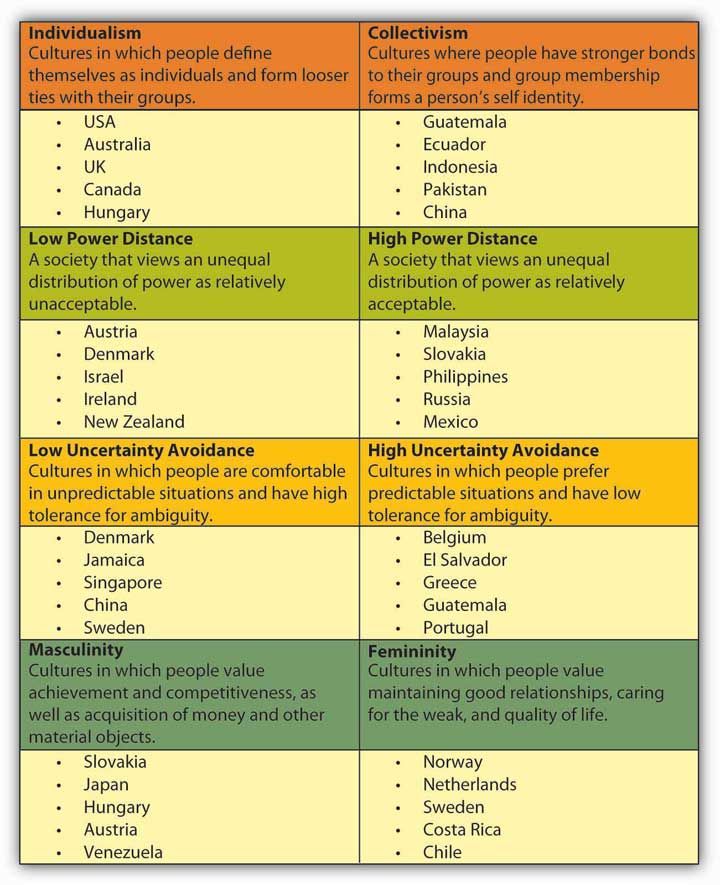 An emotional outlet also helps - put all the claims on paper, cry, shout out in private. nine0030
An emotional outlet also helps - put all the claims on paper, cry, shout out in private. nine0030 - In the moment of "boiling" think what good things connect you with a person, why relations with him are so dear to you. Remember the best that happened between you.
Tolerance to uncertainty
Modern life is an endless decision-making under conditions of uncertainty. And if for some this is an opportunity to show their creative nature, overcome limitations and open up to something new, then for others it is an additional challenge that complicates the decision-making process. In this article, we will try to understand what is the difference between these two types of perception of uncertainty, as well as how they affect a person's adaptation to everyday reality. nine0003
Let's define the terms
E. Frenkel-Brunswik back in 1948-1949. introduced the concept of "tolerance for ambiguity" as a relation to ambiguous, dynamically changing, probabilistic and contradictory stimulation. Intolerance was defined by her as a tendency to make decisions on the principle of "black and white", to rush on the path to clarity, not taking into account complex realities, and also to reject the needs of other people in this pursuit of clarity [5].
Intolerance was defined by her as a tendency to make decisions on the principle of "black and white", to rush on the path to clarity, not taking into account complex realities, and also to reject the needs of other people in this pursuit of clarity [5].
In modern literature, the concept of tolerance for uncertainty describes the processes of personal self-regulation in the absence of stable selection guidelines and the impossibility of using established clichés or ready-made solutions [3]. At one pole of this concept is the acceptance of the conditions of uncertainty and the willingness to function productively in them. On the other hand, there is avoidance of conditions of uncertainty, fear of them, a stressful state in new, unusual situations. Consider the difference in more detail:
| Tolerance to uncertainty (TN) | Intolerance to uncertainty (ITN) | |
| Dealing with uncertainty | Search for solutions, answers, ways to solve a particular problem, despite the uncertainty. | Confusion, "stupor", inability to act in the absence of clear guidelines. Attempts to achieve maximum clarity at all costs, avoidance of uncertainty. |
| Perception of the future | As an opportunity to get a new experience, causing a sense of anticipation, enthusiasm. Opportunity to make choices, develop, grow. | As a source of discomfort and potential danger, causing feelings of fear, anxiety and insecurity. nine0003 |
| Perception of life in general | Multidimensional. The ability to take into account the influence of different factors on the same process or object. Construction of multifactorial models in the analysis of objects and phenomena. | Black and white, one-dimensional. Unwillingness to accept reality in all its ambiguity and complexity. |
| nine0002 Perception of patterns and patterns | Rejection of ready-made solutions and the need to act only according to a template. Willingness to be creative, experiment and improvise. | The need for a template, a sample, a ready-made algorithm for solving a particular problem. |
| Perception of decisions made | Every decision is just a guess as to how best to proceed. The assumption may turn out to be wrong, and then the whole strategy will have to be revised. But this does not cause fear. nine0003 | Each decision is perceived as a turning point, after which it will be difficult to return and make a “different move”. The value of the decision is overestimated, which further complicates the decision-making process itself. |
| Relations with others | Recognition that the other person is not controlled and independent, it is impossible to demand from him any guarantees and eternal fulfillment of obligations once assumed. | The need to achieve maximum clarity, precision and unambiguity in any relationship. Rejection of innuendo. The need to know as much as possible about the other person, sometimes not accepting the other's right to personal space. Difficulty maintaining boundaries in a relationship. |
Correlation with other personality traits
The main tool used to diagnose malnutrition is the so-called Uncertainty Tolerance Scale. This scale was first published by psychologist Stanley Badner at 1962 year. Wolfradt and Pretz in 2001 proposed their own TN scale, having tested it on 204 students of a German university. Their results indicate that TN is in a direct significant relationship with extraversion and openness, and inversely with neuroticism [6].
There are two adaptations of the S. Badner scale in Russian literature: G. U. Soldatova, L. A. Shaigerova (2008) and T. V. Kornilova, M. A. Chumakova (2014). In particular, in the 2014 study, the authors apply modern methods of structural modeling and evaluate TN and ITI not as two poles of the same continuum, but as two different variables. As a result, in a sample of 1082 people, a correlation was found between these variables and different types of intelligence. Tolerance to uncertainty is accompanied by high rates of interpersonal emotional intelligence, i.e. a person with a high level of TN better understands other people's emotions and knows how to manage them. At the same time, intolerance to uncertainty negatively correlates with the level of academic (verbal and fluid) intelligence, i.e. a person with a high level of IIT, striving for clarity and certainty in everything, has lower academic abilities and results. There were also intersections with the self-efficacy scale, which reflects how an individual sets goals and achieves them.
Badner scale in Russian literature: G. U. Soldatova, L. A. Shaigerova (2008) and T. V. Kornilova, M. A. Chumakova (2014). In particular, in the 2014 study, the authors apply modern methods of structural modeling and evaluate TN and ITI not as two poles of the same continuum, but as two different variables. As a result, in a sample of 1082 people, a correlation was found between these variables and different types of intelligence. Tolerance to uncertainty is accompanied by high rates of interpersonal emotional intelligence, i.e. a person with a high level of TN better understands other people's emotions and knows how to manage them. At the same time, intolerance to uncertainty negatively correlates with the level of academic (verbal and fluid) intelligence, i.e. a person with a high level of IIT, striving for clarity and certainty in everything, has lower academic abilities and results. There were also intersections with the self-efficacy scale, which reflects how an individual sets goals and achieves them.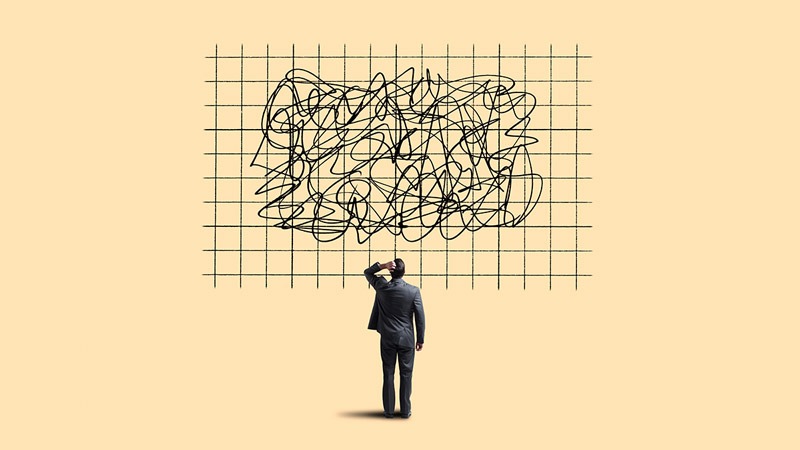 TT is associated with high levels of self-efficacy, while IIT is associated with low levels. nine0003
TT is associated with high levels of self-efficacy, while IIT is associated with low levels. nine0003
All this suggests that the development of tolerance for uncertainty in a person's personality can be considered one of the successful coping strategies. The readiness of a person to act in conditions of lack of information, the absence of clear guidelines and ready-made templates makes him more adaptive. Such a person more deeply analyzes the real situation, is focused on solving the problem, and not on avoiding it due to insufficient input data. If necessary, it can at any time rebuild, change strategy, make non-standard decisions. nine0003
Uncertainty in interpersonal relationships
Kornilova T.V. from 2010 [2] identifies different types of intolerance to uncertainty:
- The desire for clarity and certainty in relation to the world as a whole (and the world of ideas).
- Striving for clarity and certainty in the human world, i.e. in relationships with others.
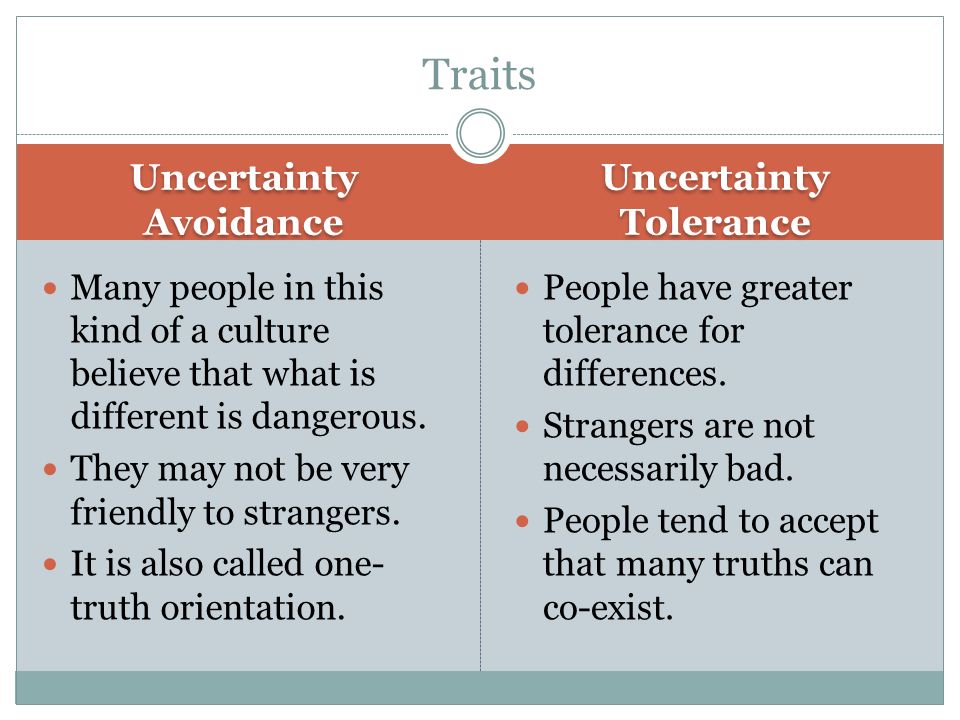
So, in this work, a new concept has been formed - interpersonal ITS. Those. a person can calmly perceive and endure uncertainty in various areas of his life (professional, educational activities, etc.), while it is uncertainty in relations with other people that is a stressful factor for him. In interpersonal relationships, such a person strives for maximum clarity, transparency, and even control. At the same time, it can be assumed that uncertainty in relations with another person causes the greater discomfort, the higher the degree of significance of these specific relationships for a given person. nine0003
The paradox is that the more a person tries to control his interpersonal relationship and the other person in that relationship, the more unstable the relationship becomes. The dialogue turns into a monologue, the purpose of which is vigilant control, the exclusion of any uncertainty and understatement. Such relationships can lose their inherent dynamism, they become more static, and then stagnation begins.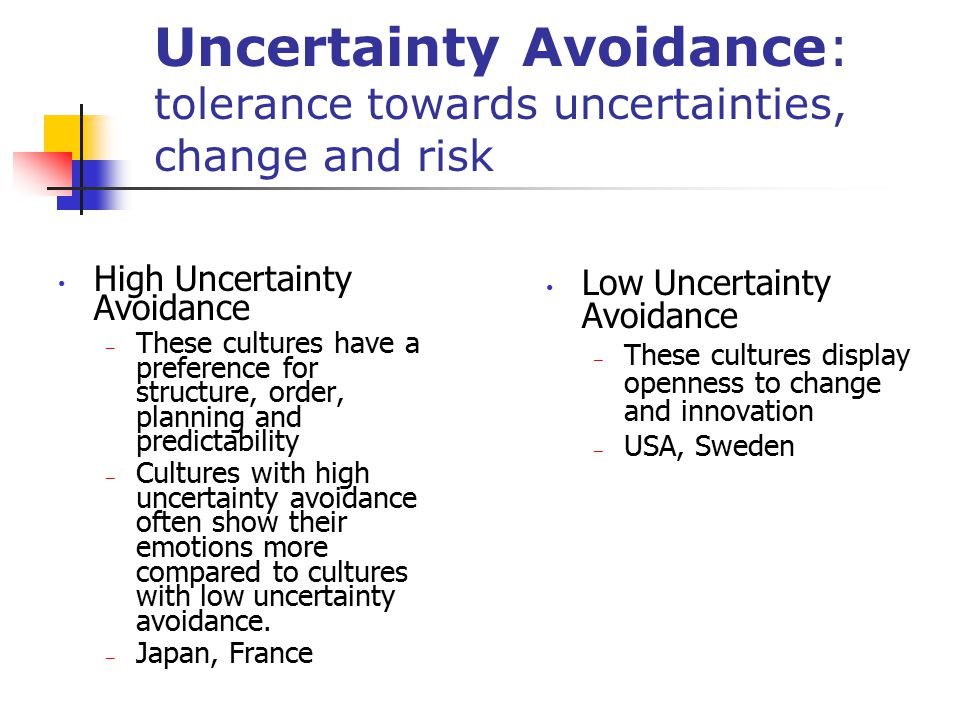
On the contrary, accepting uncertainty in the sphere of interpersonal relationships contributes to greater stability and vitality of relationships. As a rule, this means that one personality is able to accept another personality in all its natural variability, lack of control, inconsistency and versatility. The element of uncertainty in such relations is perceived as their inevitable property. Oddly enough, despite the greater dynamism of these relations, they can be considered more stable in the long run. nine0003
How to stop being afraid of uncertainty and start living
Unfortunately, in a family, at school, at a university, a person does not always learn to act in conditions of uncertainty. Often, going into adulthood, he only knows how to act according to an algorithm given from the outside, to follow the norms, rules, and instructions. This is also why uncertainty often becomes a stress factor. Relatively speaking, a recent high school graduate, who is used to doing a specific homework every day, comes to a university and is faced with the fact that there are no more daily homework assignments, and the proposed ways of mastering the material seem to him unusual, vague, not clearly formulated.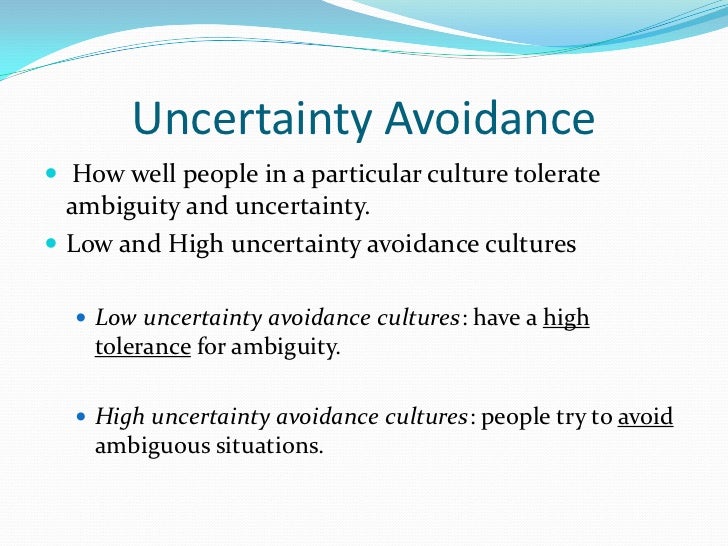 Further, after graduating from a university, a person in his professional activity may face the need to solve not only tasks, but also problems. Unlike a task, a problem may categorically lack initial data. This data must somehow be independently collected and evaluated, while encountering contradictions and inconsistencies. nine0003
Further, after graduating from a university, a person in his professional activity may face the need to solve not only tasks, but also problems. Unlike a task, a problem may categorically lack initial data. This data must somehow be independently collected and evaluated, while encountering contradictions and inconsistencies. nine0003
Since uncertainty is often regarded as a factor complicating various life situations, ways to overcome it are referred to as so-called coping strategies. Coping strategies are ways for a person to overcome difficult life situations. There are various classifications of coping strategies in the psychological literature. For example, Folkman S. and Lazarus R. S. proposed a classification of coping strategies, dividing them into two main types - problem-oriented coping (problem-focused) and emotionally-oriented coping (emotional-focused). Problem-oriented coping, according to the authors, is associated with a person's attempts to improve the "person-environment" relationship. This may be a change in their assessment of the situation, the search for information on how best to proceed, planning their actions to overcome a difficult situation. Emotionally-focused coping includes thoughts and actions that help reduce the impact of a stressful situation on the psyche. These thoughts or actions provide a sense of relief, but are not aimed at eliminating the threatening situation, but simply make the person feel better. This can be avoidance of a problem situation, mental or behavioral distancing, humor, the use of tranquilizers, and so on [1]. nine0003
This may be a change in their assessment of the situation, the search for information on how best to proceed, planning their actions to overcome a difficult situation. Emotionally-focused coping includes thoughts and actions that help reduce the impact of a stressful situation on the psyche. These thoughts or actions provide a sense of relief, but are not aimed at eliminating the threatening situation, but simply make the person feel better. This can be avoidance of a problem situation, mental or behavioral distancing, humor, the use of tranquilizers, and so on [1]. nine0003
In fact, there are two main strategies that can be applied in response to conditions of uncertainty:
- Self-creation certainty if possible.
For example, a person faces a difficult task. He has an idea of what result should be obtained as a result of solving this problem, but he does not have a ready-made algorithm for solving it. However, he himself can develop a plan according to which he will act.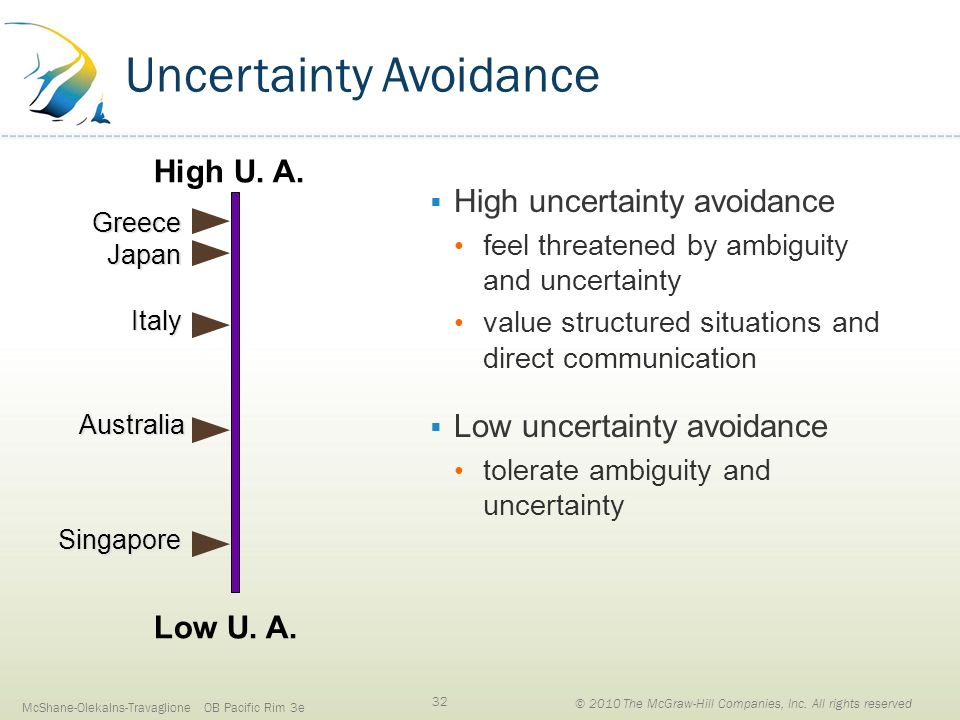 If necessary, this plan can be adjusted, but the basic scenarios will be preserved, which will help a person reach the goal. This is an example of problem-oriented coping. nine0003
If necessary, this plan can be adjusted, but the basic scenarios will be preserved, which will help a person reach the goal. This is an example of problem-oriented coping. nine0003
- Unconditional acceptance of uncertainty as a fact that cannot be influenced.
For example, a person is faced with a disease that cannot be completely cured. The development of his disease is difficult to predict, and he is immersed in a state of uncertainty about his future. If a person cannot objectively influence this situation, then it is important to be able to accept it and concentrate on solving other problems than on experiencing the stress caused by the very state of uncertainty. To a greater extent, this strategy refers to emotionally-oriented coping. nine0003
Creating certainty on your own
The uncertainty of the outside world is very high today. It can be difficult to predict the development of events even a month ahead, not to mention years. If mentally we have built some kind of scenario of our life, we have no guarantees that we will be able to implement it in practice. Under these conditions, one of the ways to maintain inner balance is to create and maintain certainty within yourself. To do this, a person can rely on the rules, norms, algorithms that he himself has developed, or those that are offered to him by society. Whatever happens outside, a person who maintains certainty within himself will continue to purposefully move. At the same time, the goals and methods of achieving them can be repeatedly adjusted. But for each new challenge from the outside, a person will find an answer, correlating what is happening with his internal program. An ideal picture is emerging - a person as an island of stability in the raging ocean of the outside world. For at least a conditional approximation to this picture, it is important that a person can separate the uncertainty of the external world from his internal state. However, not every person is able to create this inner certainty and stability.
If mentally we have built some kind of scenario of our life, we have no guarantees that we will be able to implement it in practice. Under these conditions, one of the ways to maintain inner balance is to create and maintain certainty within yourself. To do this, a person can rely on the rules, norms, algorithms that he himself has developed, or those that are offered to him by society. Whatever happens outside, a person who maintains certainty within himself will continue to purposefully move. At the same time, the goals and methods of achieving them can be repeatedly adjusted. But for each new challenge from the outside, a person will find an answer, correlating what is happening with his internal program. An ideal picture is emerging - a person as an island of stability in the raging ocean of the outside world. For at least a conditional approximation to this picture, it is important that a person can separate the uncertainty of the external world from his internal state. However, not every person is able to create this inner certainty and stability. The absence of this ability, among other things, gives rise to intolerance to external uncertainty. nine0003
The absence of this ability, among other things, gives rise to intolerance to external uncertainty. nine0003
Let us recall the theses of the Austrian psychiatrist and psychologist Viktor Frankl. In Man's Search for Meaning, Frankl describes his psychotherapeutic method based on his personal experience of surviving in a concentration camp. This method, related to existential therapy, is based on the fact that the main crisis in a person's life is associated with the loss of meaningfulness of this life. And, on the contrary, the restoration of spiritual strength is possible only if there is some meaning in all manifestations of life, even the most tragic and cruel. To some extent, this echoes our thinking about uncertainty. The people who were in the concentration camp did not even know if they would survive this terrible time, and whether it makes sense to endure the suffering that fell to their lot. The memoirs of Viktor Frankl tell us that he just found a way out in the fact that he himself created certainty within himself. Not having the slightest confidence that he really had a future outside the concentration camp, he, nevertheless, imagined this future, painted it in his imagination, thereby giving certainty and meaning to his life. nine0003
Not having the slightest confidence that he really had a future outside the concentration camp, he, nevertheless, imagined this future, painted it in his imagination, thereby giving certainty and meaning to his life. nine0003
“So, I remember walking out of the camp one morning, unable to endure any more hunger, coldness, and pain in my foot, swollen with dropsy, frostbite, and festering. My position seemed hopeless to me. Then I imagined myself standing behind a pulpit in a large, beautiful, warm and light lecture hall in front of an interested audience, I was giving a lecture on the topic "Group Psychotherapy Experiences in a Concentration Camp" and talking about everything I had gone through. Believe me, at that moment I could not hope that the day would come when I would actually have the opportunity to give such a lecture. nine0003
Acceptance of Uncertainty
While self-creation of certainty is fairly obvious, accepting uncertainty and adapting to it is a more complex strategy.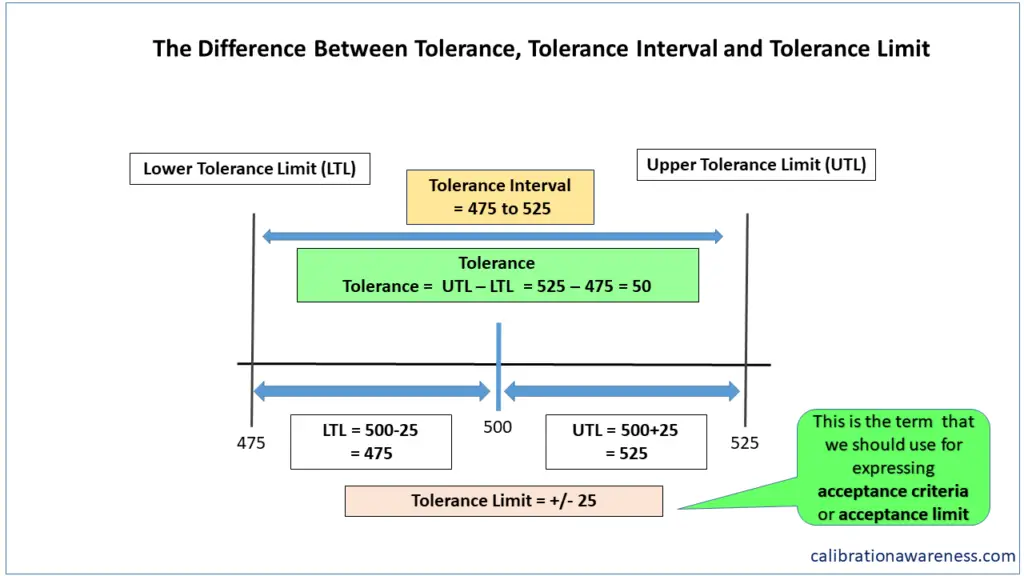 The difficulty lies in its irrationality and the prevailing emotional component. If the situation is regarded by a person as uncontrollable and unpredictable, and it is not possible to influence it, therefore, it becomes impossible to use coping strategies related to planning one's actions. nine0003
The difficulty lies in its irrationality and the prevailing emotional component. If the situation is regarded by a person as uncontrollable and unpredictable, and it is not possible to influence it, therefore, it becomes impossible to use coping strategies related to planning one's actions. nine0003
Accepting uncertainty and adapting to it is already mostly emotionally oriented coping. The main goal is to distance oneself from the stress caused by the state of uncertainty itself. One way to achieve it is to mentally focus on the positive consequences of the current situation. Uncertainty can be perceived as a vacuum, which, as you know, attracts everything that can fill it. In conditions of uncertainty, we get the opportunity to acquire something for which there was no place in our life before. This may be a new experience that contributes to the multilateral development of the individual and the disclosure of its potential. While the desire for certainty, on the contrary, often leads to static and stagnation, to walking in a vicious circle of past mistakes. nine0003
nine0003
Summing up
It seems that the end of this article should be a call to readers to be as tolerant of uncertainty as possible. it is a strategy for success, development and prosperity. However, it is not. On the contrary, in conclusion, we will focus on the fact that both types of perception of uncertainty - tolerant and intolerant - have an equal right to exist and are variants of the psychological norm. Moreover, the presence of both types in interpersonal relationships and in society as a whole is a way to ensure balance and a healthy balance of power. While some people strive for innovation and change, others preserve traditions and care about maintaining stability. The main thing is that they can agree with each other. To do this, probably, both sides should develop the missing skills in themselves. The innovator and lover of change needs to learn to "play by the rules" and keep those rules in mind on the way to progress. On the contrary, a conservative and a fighter for stability should sometimes voluntarily plunge into conditions of uncertainty and learn to act in them as effectively as in conditions of transparency and certainty.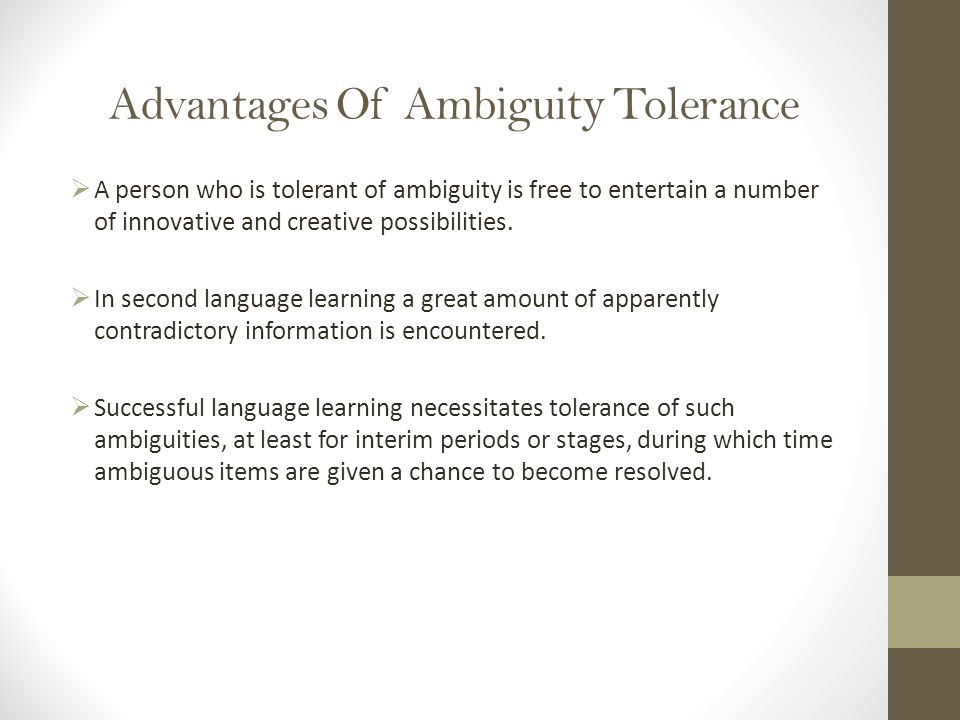 nine0003
nine0003
References:
- 1. Kornev K.I. The specifics of coping under conditions of uncertainty // Man in conditions of uncertainty: Sat. mat-lov all-Russian. conf. - Novosibirsk, 2006.
- 2. Kornilova T. V. A new questionnaire of tolerance for uncertainty // Psikhol. magazine T. 31. No. 1. S. 74–86.
- 3. Kornilova TV, Chumakova MA Scales of tolerance and intolerance to uncertainty in the modification of the S. Badner questionnaire // Experimental psychology. 2014. No. 1. P. 92–110.
- 4. Frankl V. Man in search of meaning: Collection / Per. from English. and German. D. A. Leontieva, M. P. Papusha, E. V. Eidman. — M.: Progress, 1990. — 368 p.
- 5. Frenkel-Brunswick E. Tolerance towards ambiguity as a personality variable // The American Psychologist. 1948. No. 3. P. 268.
- 6. Wolfradt U., Pretz J.E. Individual differences in creativity: Personality, story writing, and hobbies // European Journal of Personality, 2001.
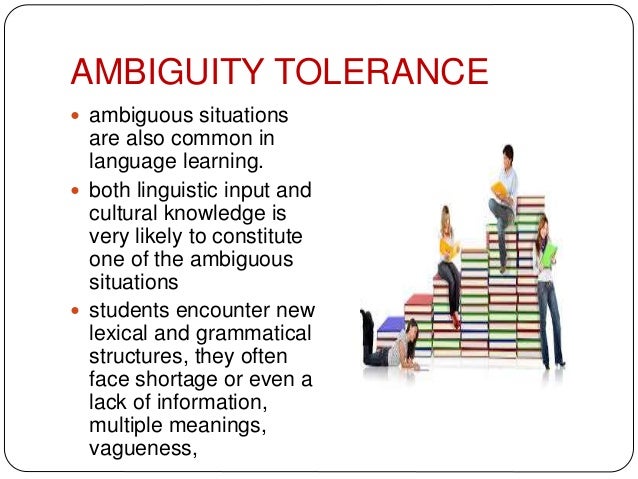
 Making decisions taking into account the variability and inconsistency of the context. nine0003
Making decisions taking into account the variability and inconsistency of the context. nine0003 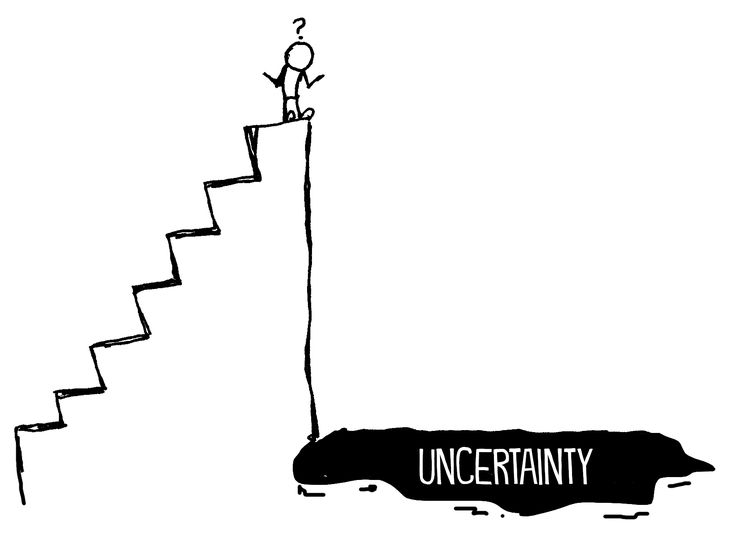 Rejection of what does not fit into a rigidly defined model.
Rejection of what does not fit into a rigidly defined model. 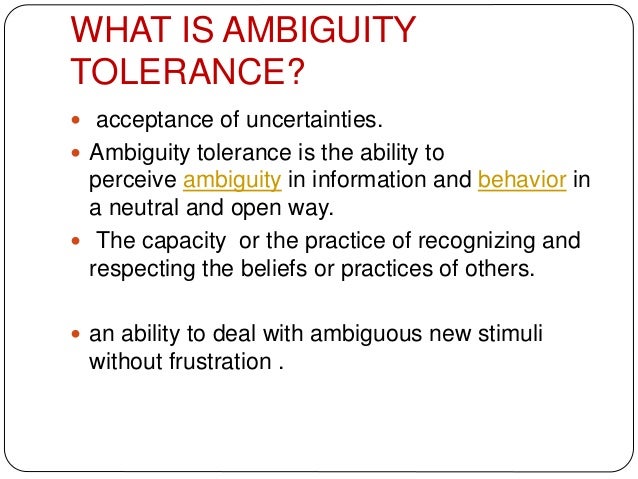 The ability to recognize another person only to the extent that that person is able and willing to provide. The ability to respect boundaries in relationships. nine0003
The ability to recognize another person only to the extent that that person is able and willing to provide. The ability to respect boundaries in relationships. nine0003 